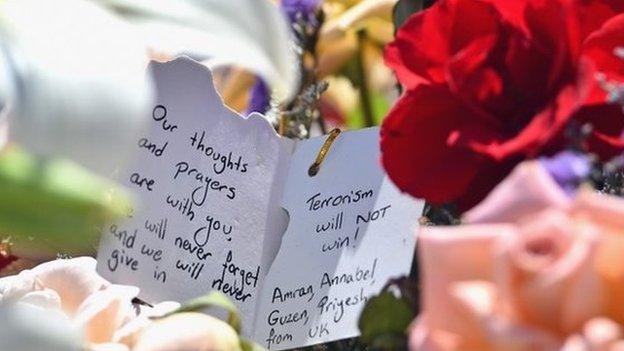Tunisia attack: Coroner rejects families' 'neglect' finding call
- Published
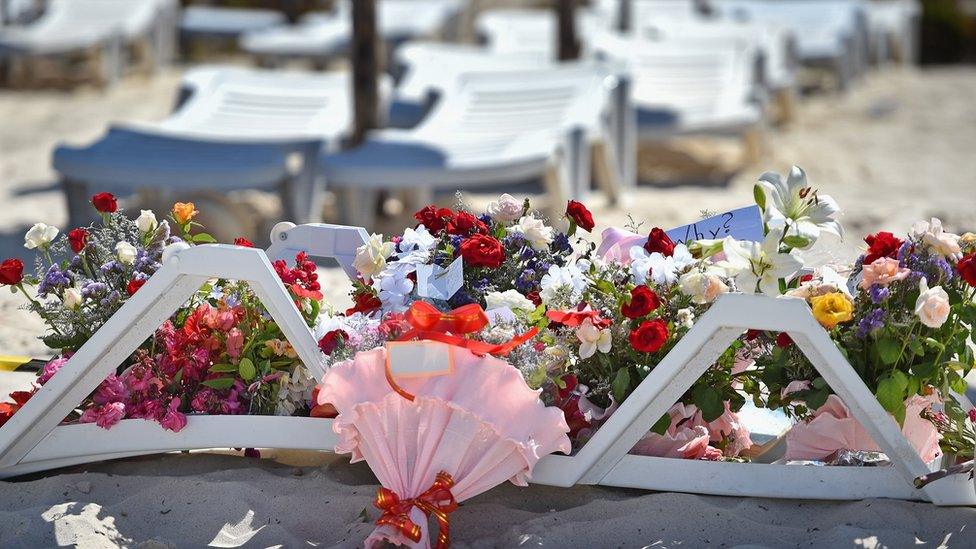
A coroner has rejected a request to rule that neglect played a part in the deaths of 30 Britons killed in the Tunisia resort attack in 2015.
Tour operator TUI has been accused of failing to vet security at the hotel in Sousse where a gunman killed 38 people.
Andrew Ritchie QC said the families of those who died believed TUI's "utter complacency" amounted to neglect.
TUI's lawyers had argued against a neglect finding, saying "matters could have been worse" during the attack.
Islamist Seifeddine Rezgui attacked the five-star Riu Imperial Marhaba hotel on 26 June 2015, before he was shot dead by police.
The inquest into the deaths of the Britons heard that "part of the attack or most of it could have been prevented" had security been tighter.
What exactly happened on the day?
Mr Ritchie said it was the victims' families' submission "that TUI's utter complacency in the face of the risk posed to its customers in Tunisia and its abrogation of responsibility for security was the very essence of neglect".
He told the inquest at London's Royal Courts of Justice that the Tunisian government had been taking the terror risk seriously, but TUI and the hotel operators had not.
Guests were "dependent" upon hotel owners, operators and travel companies for their safety, he added.
He went on to say the guards at the Riu Imperial Marhaba had not been an effective deterrent and the lack of CCTV had made it a target.
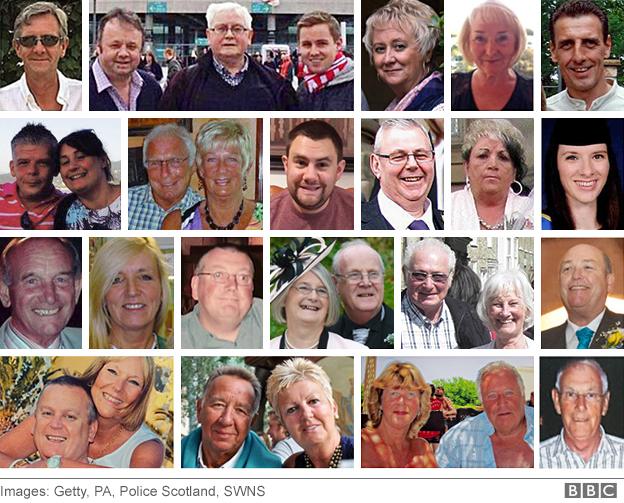
Thirty of the 38 people killed by a gunman on a Tunisian beach were British
Mr Ritchie argued the coroner, Judge Nicholas Loraine-Smith, should consider a "neglect" conclusion, saying there had been "gross neglect" on the part of TUI.
But Howard Stevens QC, counsel for TUI, told the inquest: "It's relevant to note that some steps were taken, even if [in] your conclusion of these steps you incline to the view that perhaps more could have been done or things could have been done better."
He said even if there had been additional CCTV cameras or guards it "cannot be said that any of these measures would probably have made a difference".
A suggestion the beach gate should have been shut or locked to stop the attacker entering did not amount to a "gross failure", he submitted.
He said "matters could have been worse" because people on the beach would not have been able to escape through the gate had that been the case.
Mr Stevens also told the inquest there had not been any "gross failure" to contact the police by hotel staff, and TUI acted in line with other operators in sending tourists to Tunisia.
Counsel to the inquest, Samantha Leek, had said she did not agree with incorporating "neglect" in the conclusion and unlawful killing verdicts were the only ones open to the coroner.
The Foreign Office's counsel, Andrew O'Connor, called for a "neutral and non-judgmental" conclusion, saying a neglect verdict was "not available" on the evidence heard.
Coroner Judge Loraine-Smith indicated he would not accept the neglect submission and would give his conclusions on Tuesday.
- Published19 January 2017
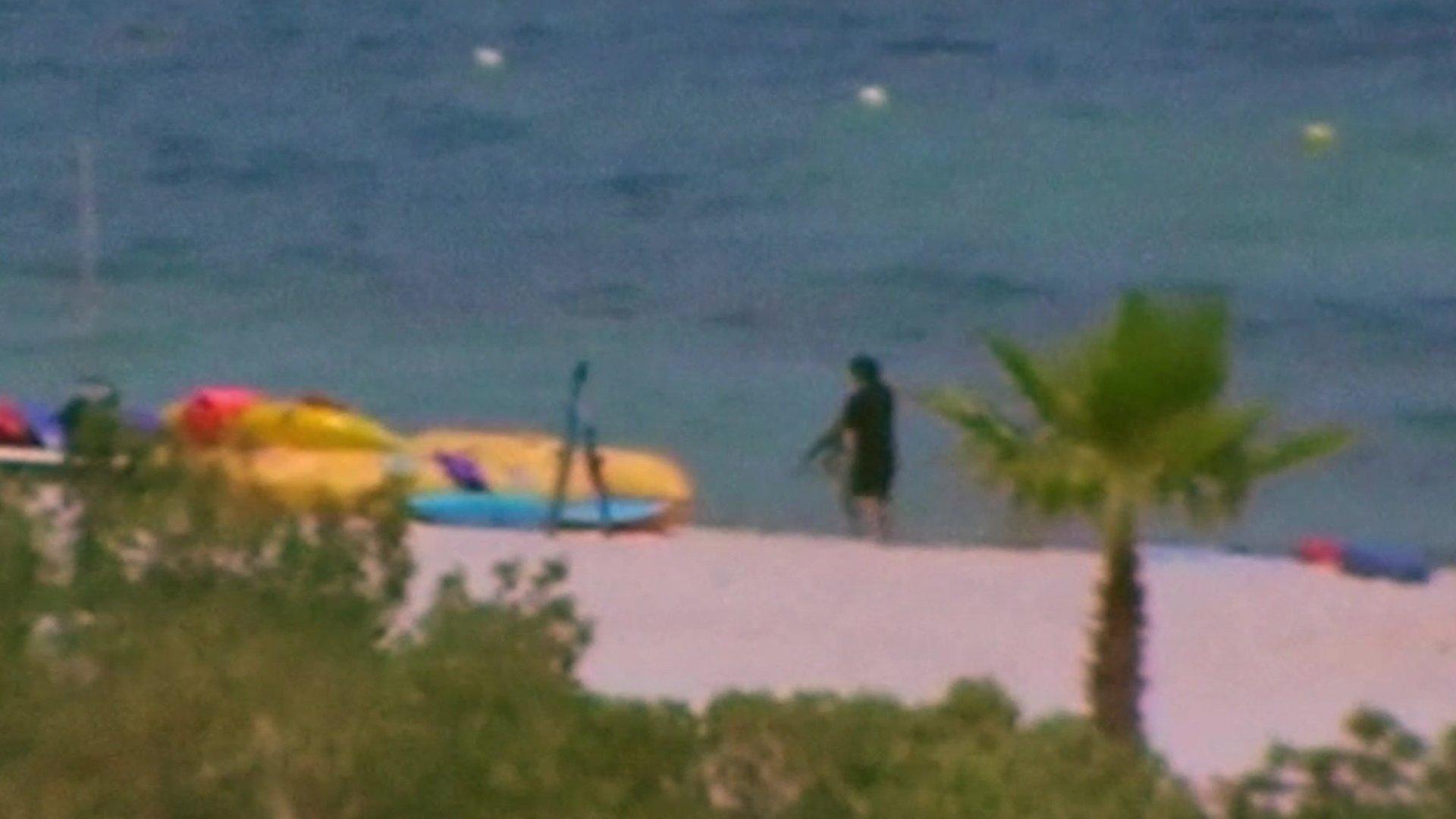
- Published16 January 2017
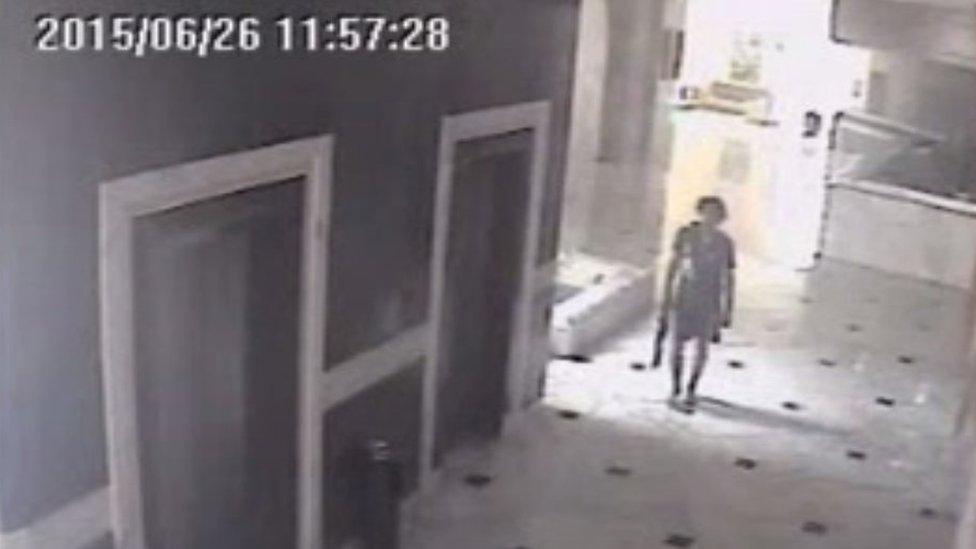
- Published24 January 2017
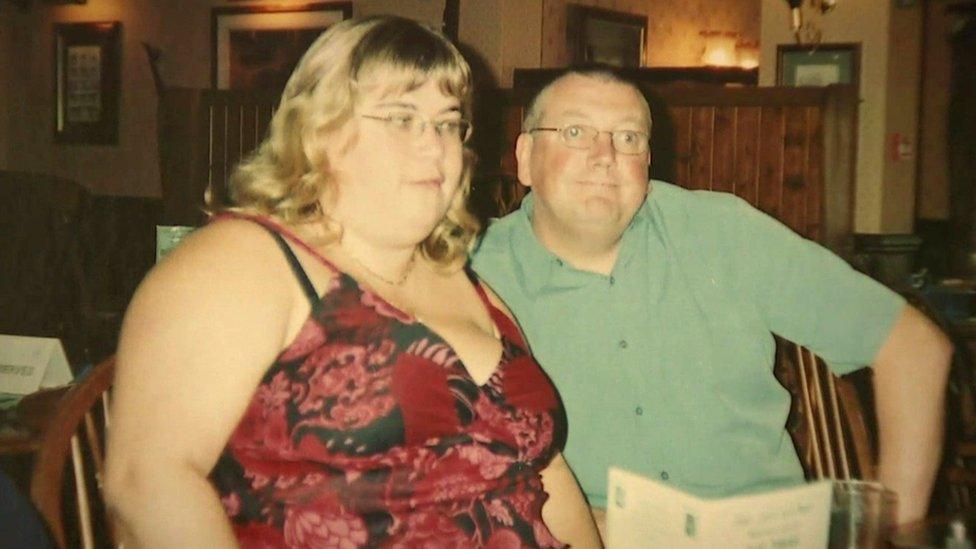
- Published1 February 2017
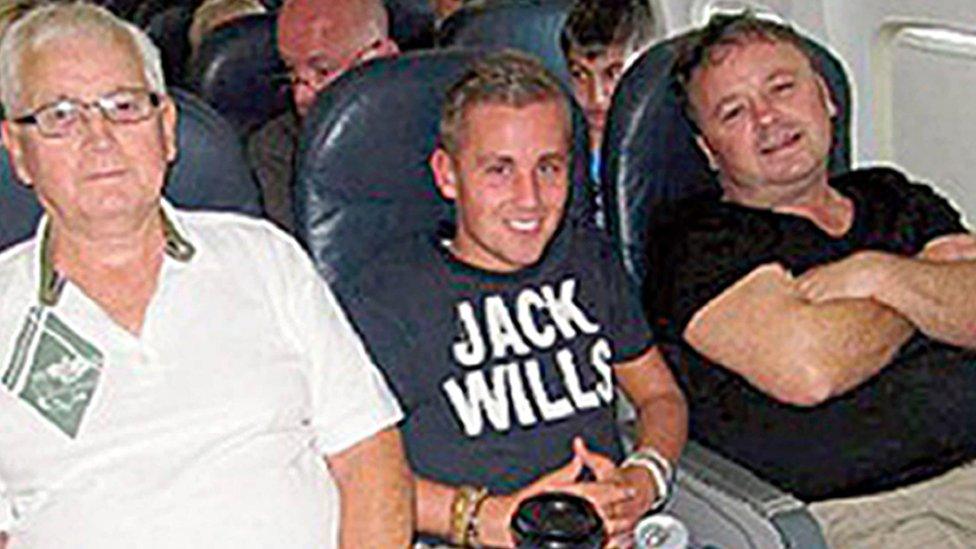
- Published29 February 2016
